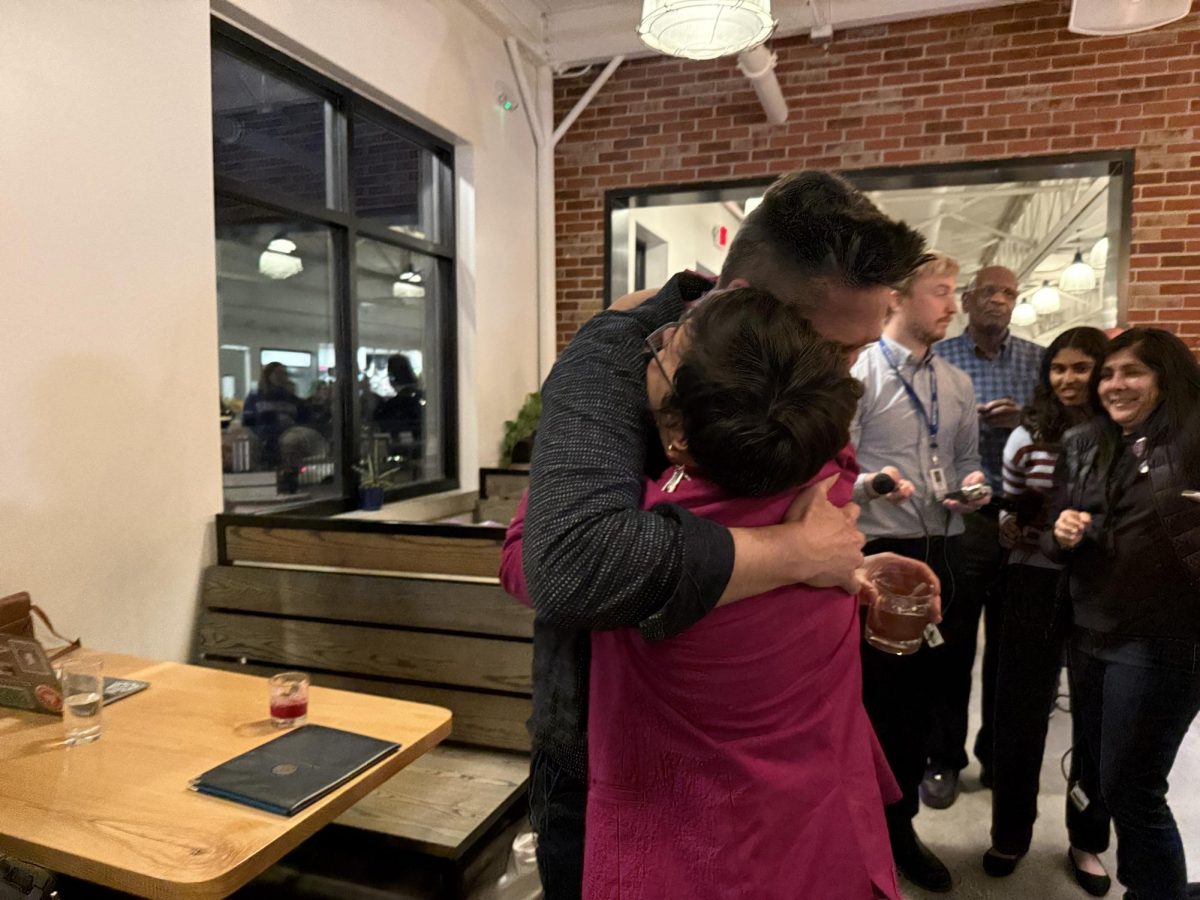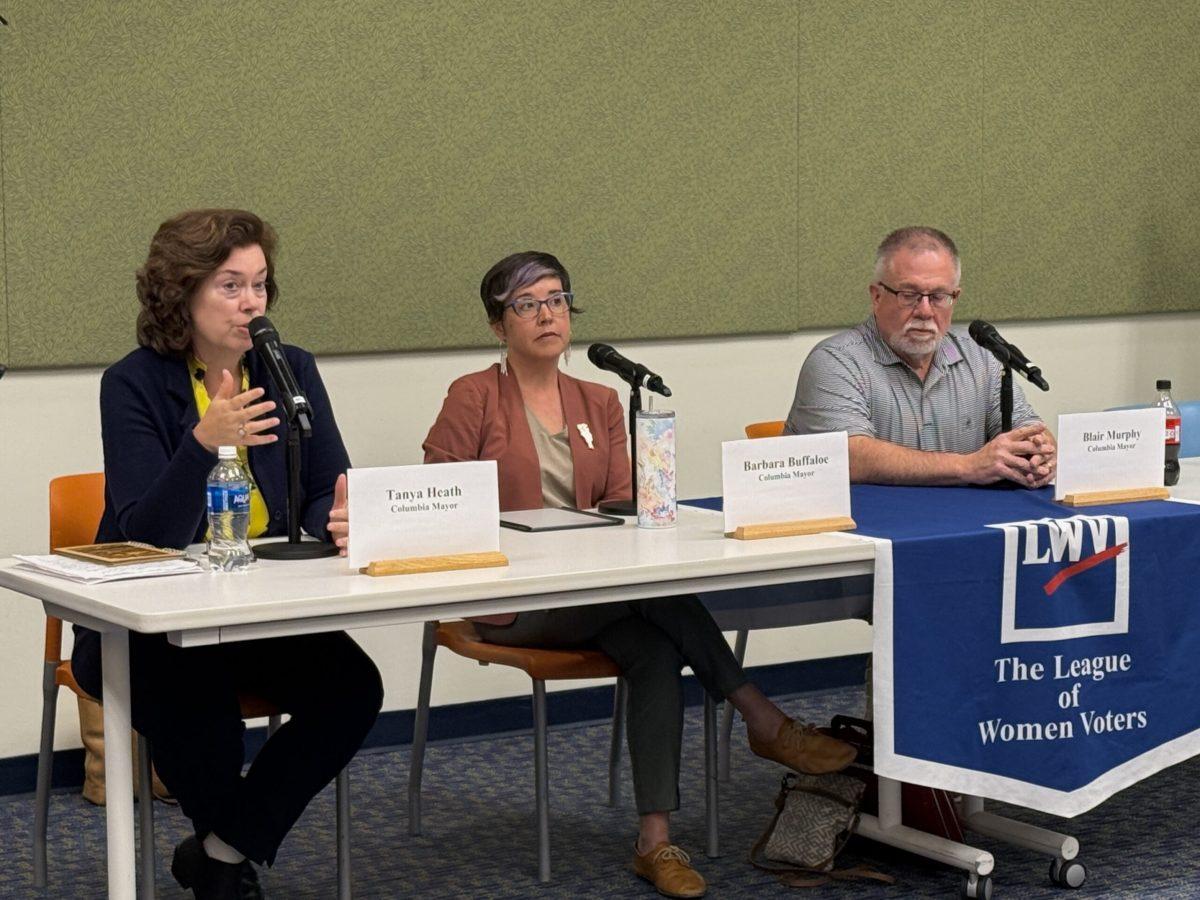Through a [Facebook post](https://www.facebook.com/payton.head/posts/10205183585252620?fref=nf&pnref=story) on Sept. 12, Missouri Students Association President Payton Head used his status as a student leader and his experiences in MU organizations to address social injustices.
Head’s post was a call to action for those who are passive about discrimination. The post was covered by the Columbia Missourian and generated national attention from The Washington Post and the St. Louis Post-Dispatch. With over 800 likes and 1,751 shares, it continues to spark conversation.
“If your simple existence is not a political statement I’m really going to need for you to check your privilege,” Head wrote.
As a southside Chicago native, Head had experienced some micro-aggression previously, but never “direct hatred.” After this incident described in his post, Head knew he had decisions to make. He debated whether to run for president. He debated leaving MU’s campus altogether. But he decided to stay and to spur what many believe as much-needed changes on campus.
“I decided I was going to do whatever it took to make this place feel like home,” Head said.
Kandice Head, his twin sister, was the person who introduced Head to MU as a place where he belonged.
“It was on my campus tour where I could actually see myself here, and I felt home,” Head said.
Head immediately hit the ground running his freshman year. He got involved with the Mizzou Black Men’s Initiative, which helped him connect with black men on campus who were also making the transition into MU’s diverse environment.
“I thought MBMI would be a great way for me to connect with other black men on campus who might be feeling the same way I did,” Head said. “It also exposed me to the campus community here so that I could branch out and meet different people from different organizations and different backgrounds.”
The environment Head grew up in was not particularly diverse, and coming to MU meant that he would be a minority for the very first time.
Since then, Head has been involved in a variety of different student organizations, but it’s Diversity Peer Educators that stands out to him.
“Sometimes you can feel some sort of oppression, but you don’t really have the words to talk about it,” Head said.
DPE gave Head the ability to have a conversation with his peers about diversity, without pointing fingers or condemning them.
Through DPE and other groups like the MSA Social Justice Committee, Head has been able to learn more about himself, as well as more about others and their identities. It is through experiences like this that Head has been able to develop the confidence, courage and tools to enact change on MU’s campus.
But something happened that gave Head the courage to spur change.
As Head and a friend were cutting through the backyard of a fraternity house, a group of men in the back of a pickup truck began calling out racial slurs to them.
“That shook my world up,” Head said.
It was around this time that Head [changed](https://www.themaneater.com/stories/2014/2/3/msa-committee-proposes-changing-name-social-justic/) MSA Senate’s Multicultural Issues Committee to the Social Justice Committee, to encompass more identities such as gender and sexuality.
In November of last year, Head and Brenda Smith-Lenzama were elected MSA president and vice president, respectively. The voter turnout for the election was the [highest in MU’s history](https://www.themaneater.com/stories/2014/11/13/students-elect-ignite-mizzou/).
At the time of elections in the fall 2014 semester, Head said as a black and non-Greek student, he didn’t fit the mold of past MSA presidents. Although Head is now an active Greek member in an National Pan-Hellenic Council fraternity, many at the time doubted his ability to win because he didn’t have the Greek vote.
“Someone came out and told me, ‘You’ll never win,’” Head said.
After experiencing yet another incident of upfront racism Sept. 11, Head used his title and influence to remind MU students of the importance of inclusivity and respect. He [also received public support](http://www.al.com/news/birmingham/index.ssf/2015/09/alabama_and_auburn_presidents.html) from University of Alabama and Auburn University’s student body presidents, Elliot Spillers and Walker Byrd. He said he has been fighting for inclusivity since the first day after being elected.
“The thing that I have now, (as president), that a lot of people don’t have, is privilege,” Head said.
There are many things that students don’t hear about because of their privilege, Head said. As MSA president and self-identified advocate for those who can’t speak up for themselves, Head said that he has and will continue to fight for those who are oppressed for “simply being who they are.”
“As a person, it hurt,” Head said. “Then it switched from hurt to anger, and then to action. I realized I had a very unique opportunity. If I said something, people would listen to it.”






